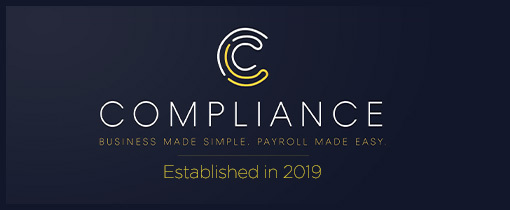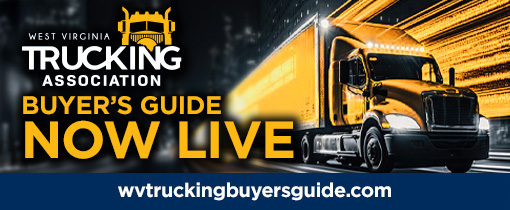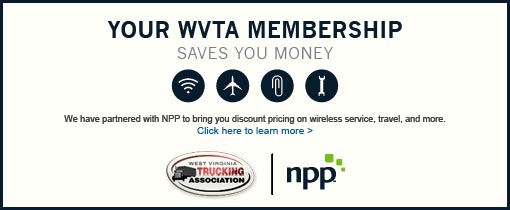Legislative Summaries
Stay Up to Speed on West Virginia Legislative Action
Every year, the legislature tackles a wide range of bills—from transportation funding to regulatory reform. Dive into our annual legislative summaries to understand how these developments impact the trucking industry and your bottom line. Click through to get the full breakdown and stay informed.
EPW Chairman, EPA Acting Chief Andrew Wheeler Discuss Plans for Senate Hearing
WASHINGTON — The country’s top protector of the environment’s first U.S. Senate appearance should occur before the Environment and Public Works Committee, the chairman of the committee told Transport Topics on July 11.
Powered by Steuernachrichten

The leading voice for the trucking industry in West Virginia, committed to safety, efficiency, and growth.







